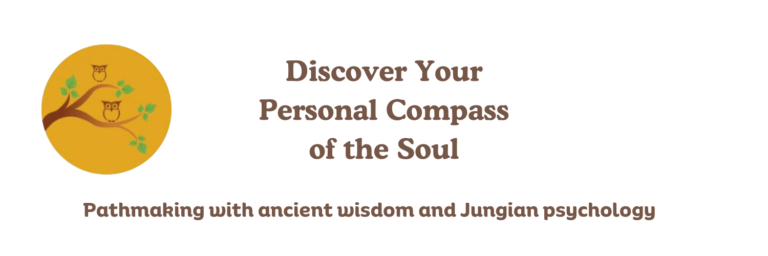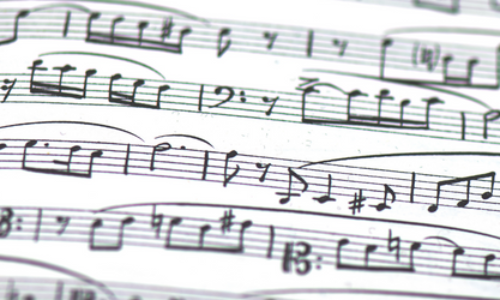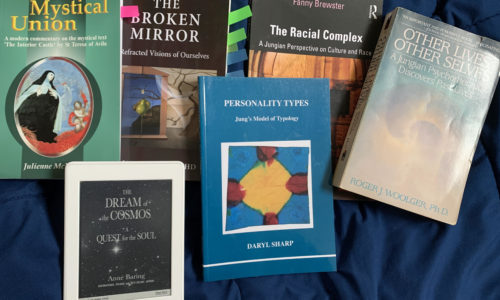What moderation is really about
Even a mountain can be brought back down to earth.
That is the image of Hexagram 15 in the I Ching: the earth and mountain balancing each other out; the valleys are filling up and the mountains are wearing down.
This is a reminder to bring ourselves back down to earth when we are caught up in the heights, so we can better fill in our own depths.
We can all probably think of times when not attending to a small issue in the physical world led to a bigger problem, such as an expensive repair. That is certainly true of me with my inferior sensation function! (INFJ, INTJ, ENFP, and ENTP types all have inferior sensation).
If nothing else, the inferior function will help do the job of bringing us back down to earth. Author Michael Pierce correlates introverted sensation to the Mountain trigram and extraverted sensation to the Earth trigram. So there is some serious sensation energy in this hexagram.
What is especially intriguing is the idea that moderation can come through experiencing something new; it isn’t just about restriction.
As R.L. Wing says in his I Ching Workbook: “It must be understood that acting with MODERATION means not only limiting the obvious excess, but also exposing yourself to new areas of experience. Through MODERATION you can now gain some real control over your destiny. In this way you use the balancing tendency of the current forces to center yourself.”
Which reminds me, the Sun entered Cancer today, but this hexagram also applies to the last few days of Gemini*. Gemini is curious and loves new areas of experience.
The rhythm of our Gemini journey was as follows:
Hexagram 20 – Contemplation
Hexagram 16 – Enthusiasm
Hexagram 35 – Progress
Hexagram 45 – Gathering
Hexagram 12 – Stagnation
Hexagram 15 – Moderation
This moderation now carries us into Cancer season. It’s interesting how we hit the brakes a bit with Stagnation and Moderation before entering the feminine water sign of Cancer.
When we are talking about Cancer we are really talking about the Moon, its planetary host. The Moon prefers the comfort of Cancer, which is conducive for moderation.
The last gasp of Gemini, especially with that recent Gemini New Moon, and Mercury being in Gemini for a couple more weeks, hopefully has us thinking about and experiencing new things, which we can now more quietly actualize as we center ourselves in Cancer season.
_______________________________________________________
Astrology Consultations | Monthly Depth Books Newsletter | Contact
*The 64 hexagrams of the I Ching are arranged along the ecliptic (the celestial equator) in Human Design. In astrology there are 12 zodiac signs along the ecliptic, so there are 5.3 hexagrams per zodiac sign. I’m contemplating these hexagrams as a way to engage with astrology, the I Ching, and Jungian psychology.
References:
Motes and Beams by Michael Pierce
I Ching or Book of Changes translated by Richard Wilhelm
The I Ching Workbook by R.L. Wing









